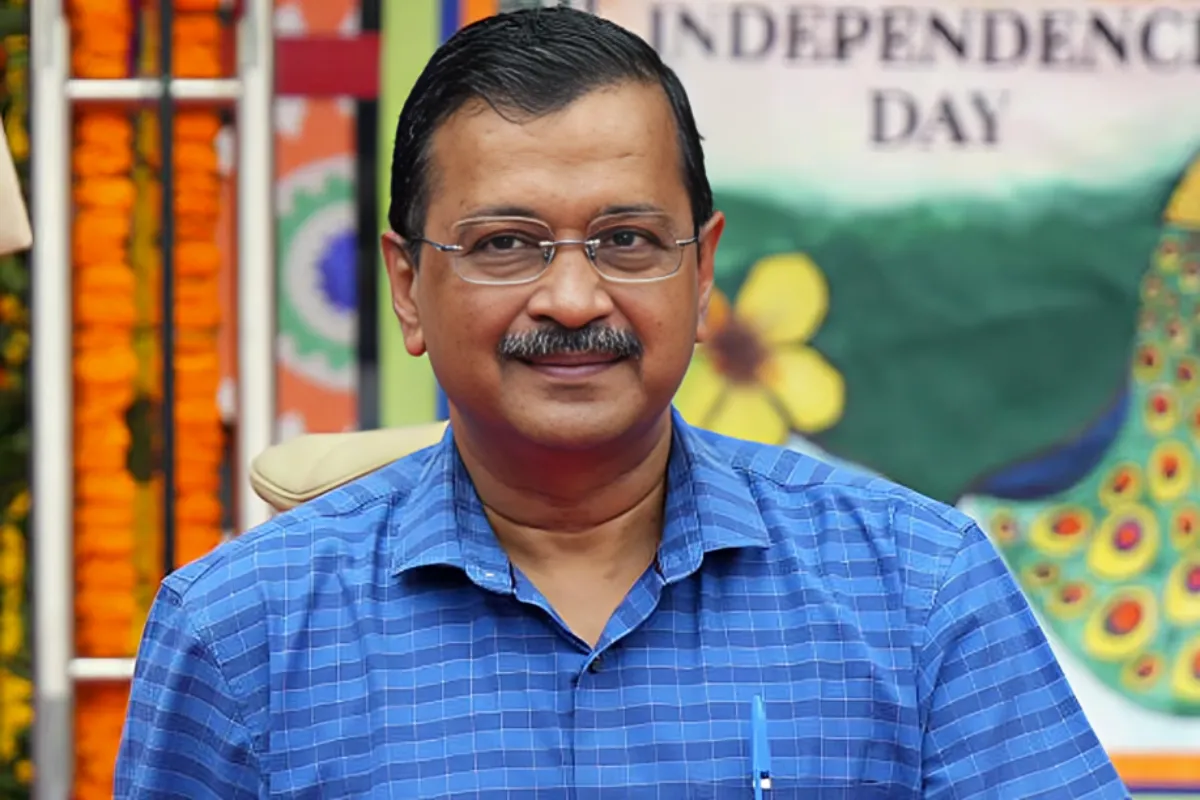In a major move, Chief Minister Arvind Kejriwal was given bail by a Delhi court in the money laundering case involving the now-scrapped liquor policy. Judge Nyay Bindu at Rouse Avenue Court, issued the ruling on Thursday after having earlier reserved it for the day.
ED’s Request for Stay Rejected
The Enforcement Directorate (ED) asked the court to provide them 48 hours to investigate legal options after the bail ruling was issued. Judge Bindu, however, declined to postpone the ruling, enabling Kejriwal to leave Tihar Jail following the posting of a one-lakh rupee bond.
AAP Celebrates Court’s Decision
Supporters of the AAP celebrated Kejriwal’s release by setting off firecrackers outside the Chief Minister’s house in Delhi. Sanjay Singh, an AAP Rajya Sabha MP, praised the choice and said that Kejriwal’s release will “strengthen democracy.” Singh denounced the ED’s case, describing it as “fabricated” and “baseless” in an attempt to trap Kejriwal.
Kejriwal’s Arrest and Legal Journey
Arvind Kejriwal was arrested by the ED on March 21, in a dramatic move just ahead of the Lok Sabha elections. Despite being granted interim bail by the Supreme Court in May due to the ongoing general elections, he surrendered on June 2. His bail marks the second instance of an AAP leader being released in this case, following Sanjay Singh, while former Delhi minister Manish Sisodia remains in Tihar Jail.
Arguments Presented During the Hearing
ED’s Allegations
During the hearing, the ED claimed to possess evidence that Kejriwal had demanded Rs 100 crore in kickbacks related to the liquor policy. The agency also alleged that these kickbacks were used to fund AAP’s election campaign in Goa. Additional Solicitor General SV Raju argued there was a direct money trail connecting proceeds of crime from the South Group, which includes BRS leader K Kavitha, to the AAP.
The ASG also mentioned that Kejriwal refused to provide his phone password during the investigation, suggesting this refusal warranted an adverse inference and was a basis for denying bail under ordinary bail law and section 45 of the PMLA.
Kejriwal’s Defense
Senior advocate Vikram Chaudhary, representing Kejriwal, countered the ED’s claims by arguing the allegations lacked substantial proof. Chaudhary emphasized that Kejriwal had not been named in any chargesheet filed under the PMLA and questioned the independence of the ED, suggesting it was influenced by political motives.
Chaudhary refuted the claim of AAP receiving Rs 45 crore, stating there was no evidence supporting such transactions and labeling the ED’s conclusions as speculative and prejudiced.
Keep watching our YouTube Channel ‘DNP INDIA’. Also, please subscribe and follow us on FACEBOOK, INSTAGRAM, and TWITTER
